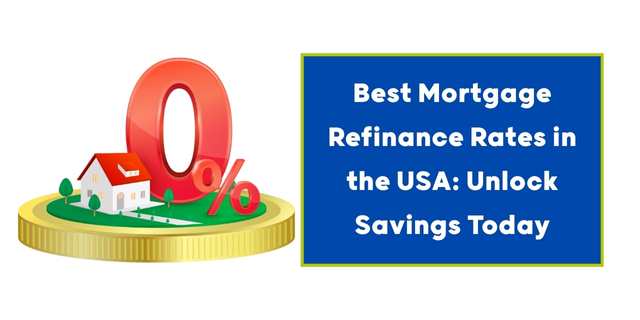If you’re planning to buy a home in 2025, an FHA loan could be the solution you’re looking for. The Federal Housing Administration (FHA) provides mortgage options that are easier to qualify for compared to traditional loans. These loans offer homebuyers a chance to secure a home with lower down payments and more relaxed credit requirements. In this article, we’ll break down the FHA loan requirements for 2025, so you can determine if this loan is the right choice for you.
What is an FHA Loan?
An FHA loan is a mortgage that is insured by the Federal Housing Administration, a government agency. It is designed to assist people who may struggle with traditional loan qualifications due to lower credit scores or insufficient savings for a down payment. FHA loans are known for their lower down payment options and more flexible credit score requirements, making them popular among first-time homebuyers.
With an FHA loan, you don’t need a large down payment, and you may qualify even with less-than-perfect credit. However, while the requirements are lenient compared to conventional loans, there are still key criteria you must meet to qualify.
FHA Loan Requirements for 2025
1. Credit Score Requirements
To qualify for an FHA loan in 2025, your credit score plays a critical role. The minimum credit score needed to qualify for the standard 3.5% down payment is 580. This is significantly lower than the typical 620 minimum required by conventional lenders. If your credit score is below 580, you might still qualify for an FHA loan, but you will likely need to provide a larger down payment of 10%.
Having a higher credit score increases your chances of approval and can result in a lower interest rate, ultimately saving you money over the life of the loan.
2. Down Payment Requirements
One of the biggest advantages of an FHA loan is the low down payment requirement. If you have a credit score of 580 or higher, you’ll only need to put down 3.5% of the home’s purchase price. For instance, if you’re buying a home worth $250,000, your down payment would be just $8,750.
In contrast, many conventional loans require a down payment of 20%, which could be as much as $50,000 for the same home. For those with credit scores below 580, the required down payment increases to 10%, which is still lower than the 20% typically required by conventional loans.
3. Debt-to-Income Ratio (DTI)
Your debt-to-income (DTI) ratio is another important factor when applying for an FHA loan. The FHA prefers a DTI ratio of 43% or lower. This means that your monthly debt payments, including your potential mortgage, should not exceed 43% of your gross monthly income. A lower DTI ratio suggests to lenders that you have sufficient income to manage your mortgage payments and other debts.
For example, if your monthly income is $5,000, your total debt payments, including the mortgage, should not exceed $2,150. The lower your DTI, the better your chances of getting approved.
4. Employment History
FHA lenders also look at your employment history. Typically, they prefer at least a two-year history with the same employer or in the same field. This shows stability and indicates that you have a reliable income to manage your mortgage payments.
If you’ve recently changed jobs or have gaps in your employment, you may still qualify, but you may need to explain your situation to the lender. A stable work history is essential for showing lenders that you can consistently make your mortgage payments.
5. Property Requirements
The home you are purchasing with an FHA loan must meet specific FHA property standards. The house must pass an inspection conducted by an FHA-approved appraiser, who will ensure that the home is safe and habitable. The property must also be your primary residence.
If the home has significant issues, such as structural problems or safety hazards, it may not qualify for an FHA loan. Therefore, it’s essential to ensure that the property is in good condition before applying.
FHA Loan Limits for 2025
The FHA loan limits for 2025 vary depending on the county you’re purchasing in. In areas with higher home prices, such as major cities, the loan limits are higher, allowing you to borrow more. In contrast, in more affordable areas, the limits are lower.
Be sure to check the FHA loan limits for your area to ensure that the home you want to buy falls within these limits.
Conclusion: Is an FHA Loan Right for You?
The FHA loan requirements for 2025 provide a great opportunity for those looking to buy a home with a lower down payment and more flexible credit requirements. With lower credit score requirements, small down payments, and more relaxed debt ratios, an FHA loan could be the perfect option for first-time buyers or those looking to purchase a home with less financial burden.
Before applying for an FHA loan, review your finances to make sure you meet the requirements. If you do, an FHA loan could be the key to homeownership in 2025. Consult with an experienced lender to guide you through the process and help you make the best decision for your home-buying journey.
